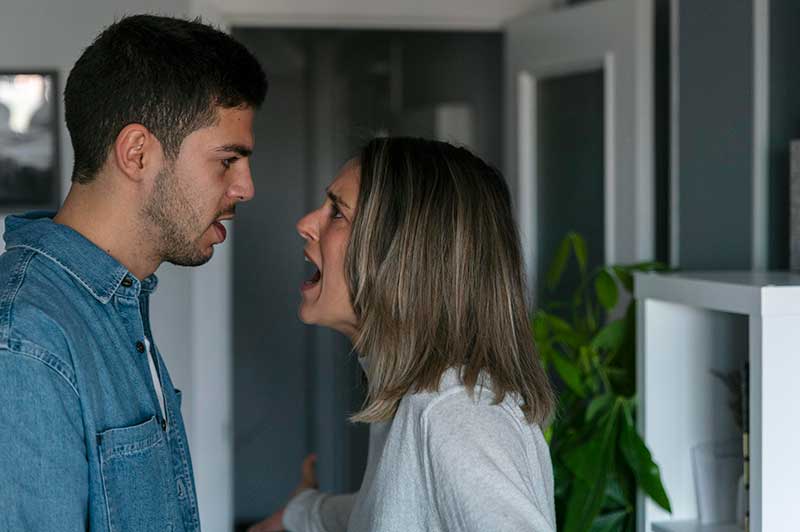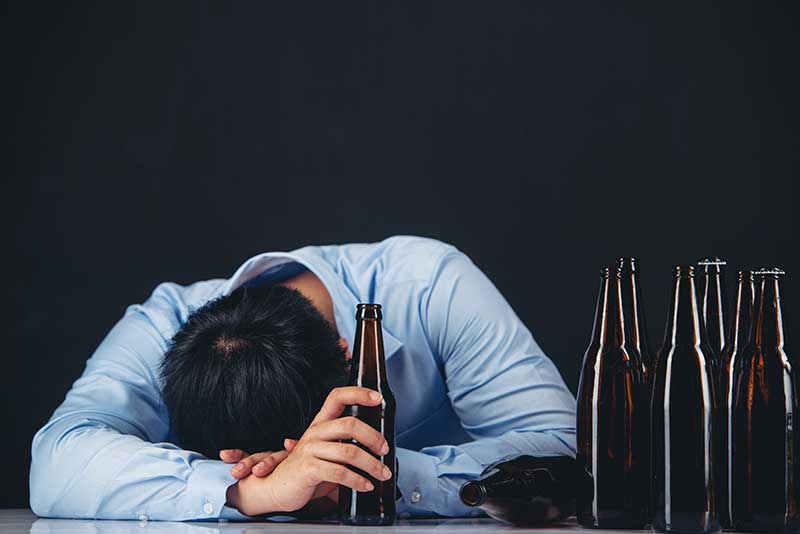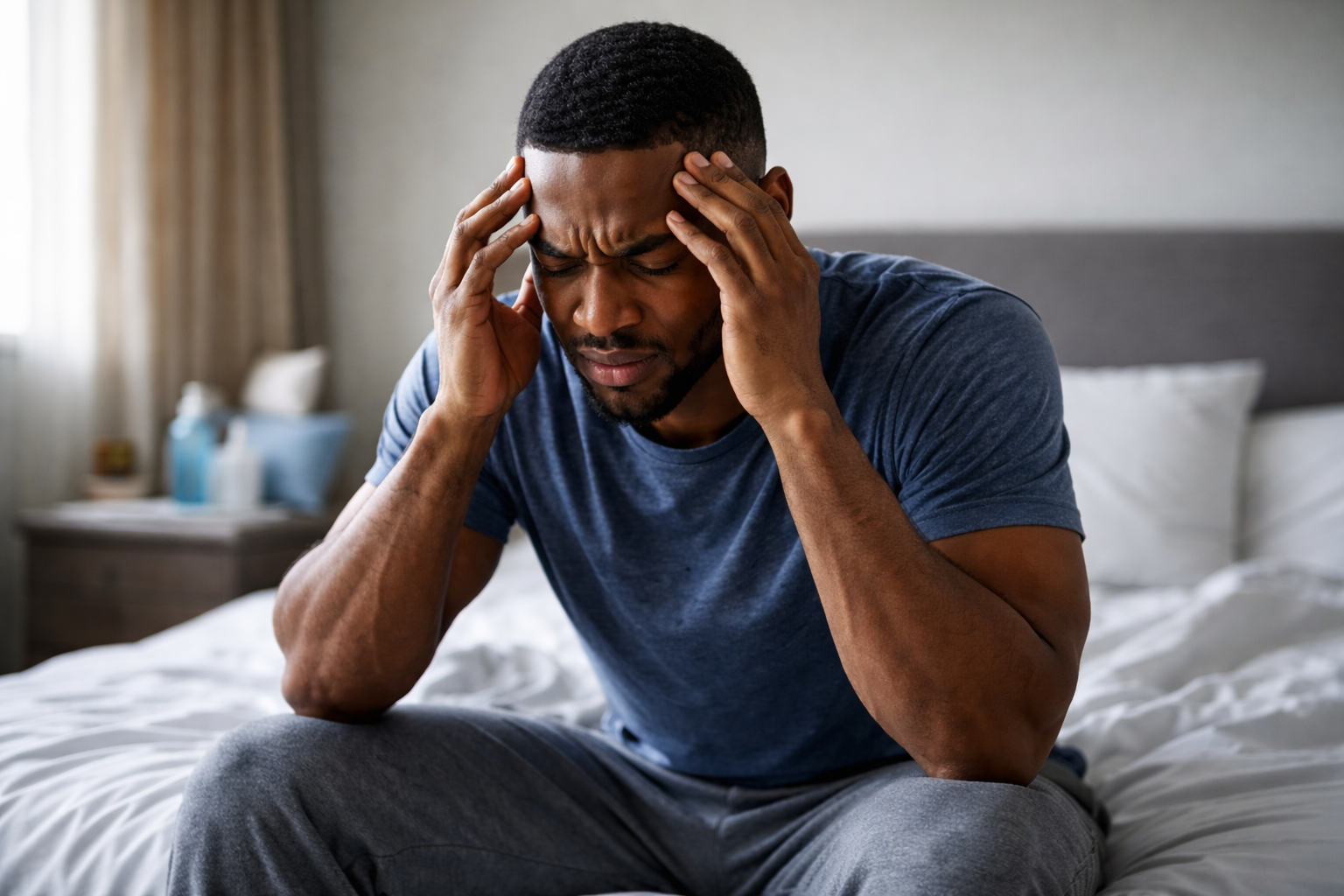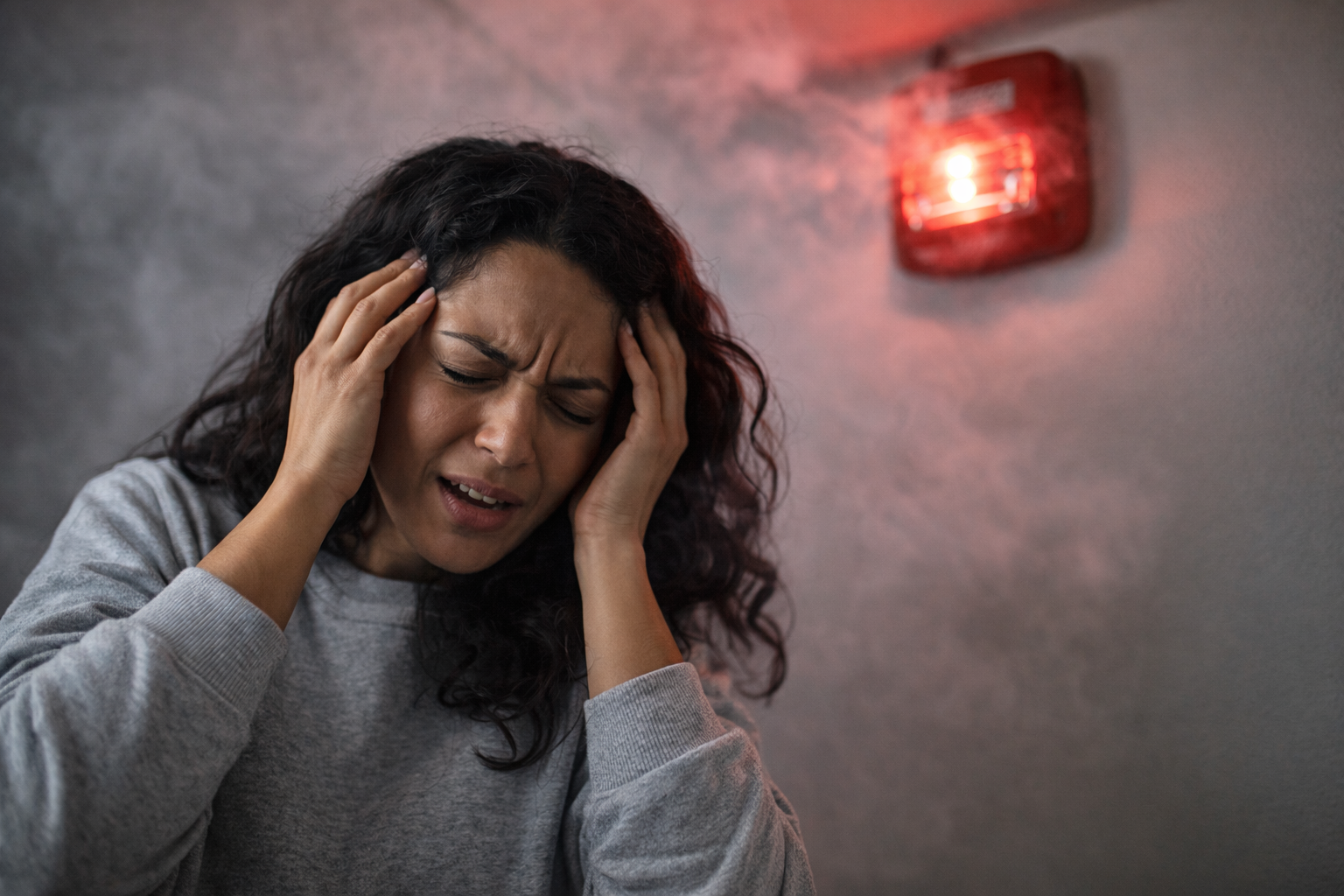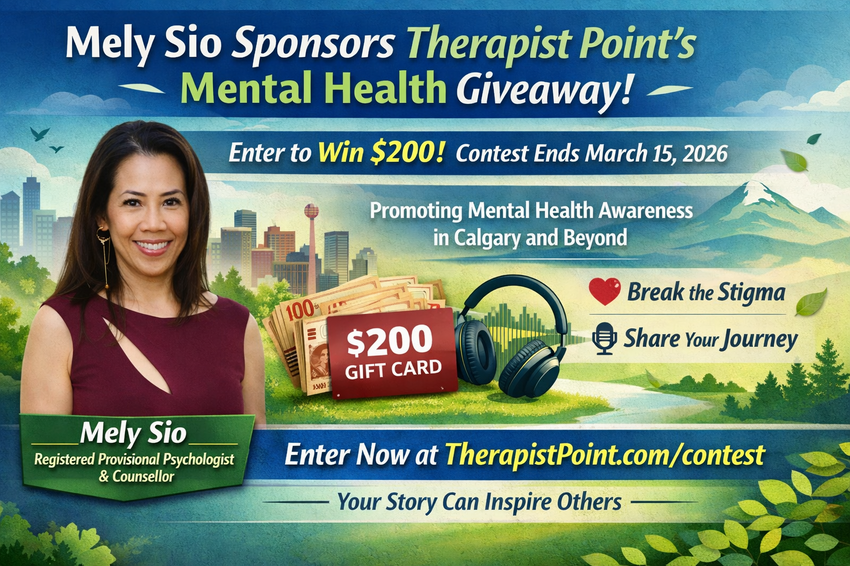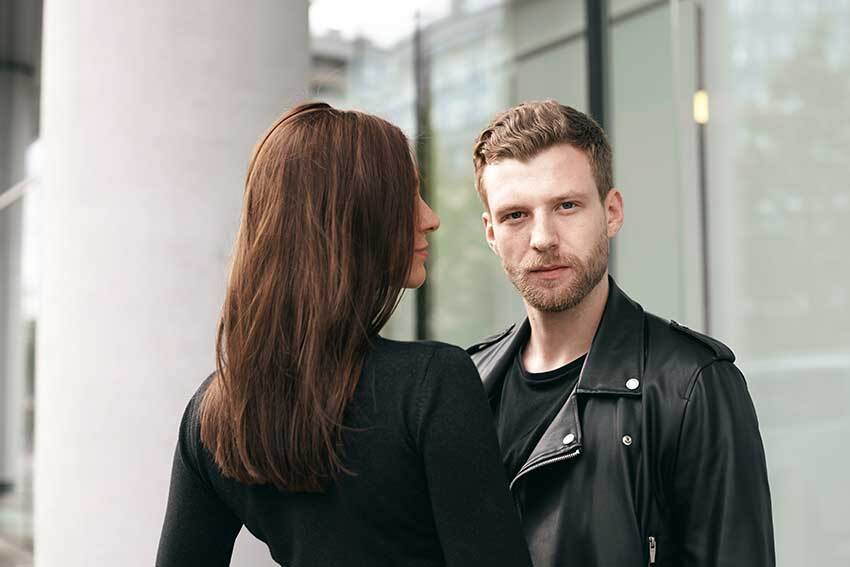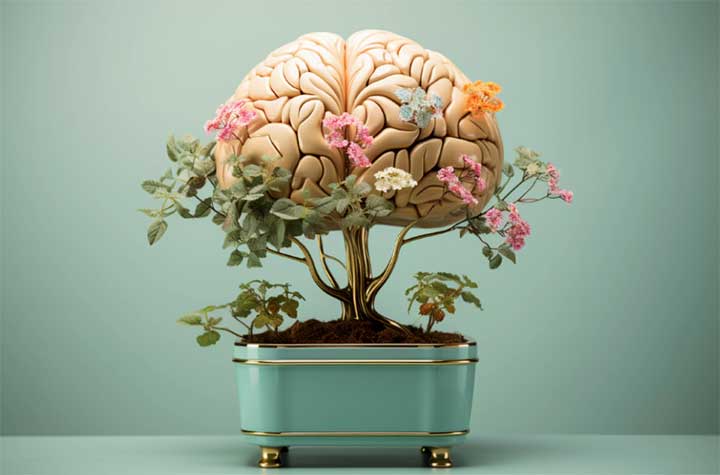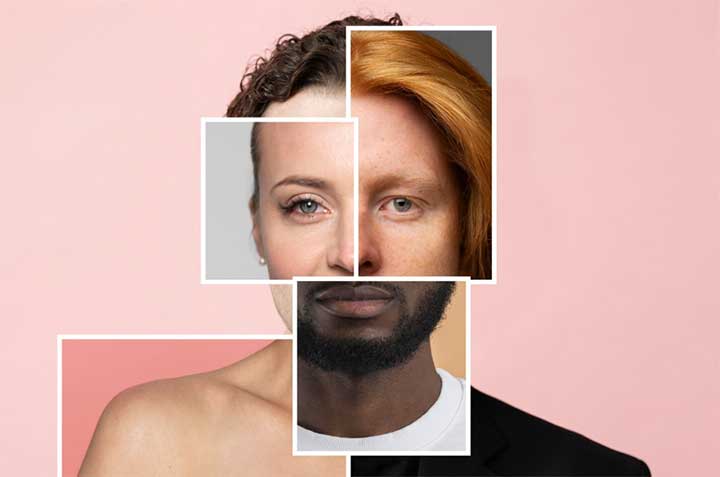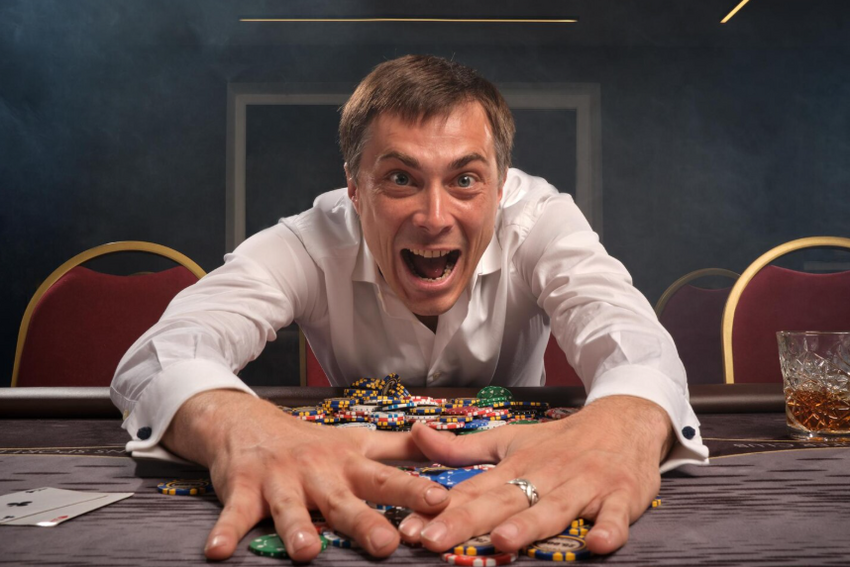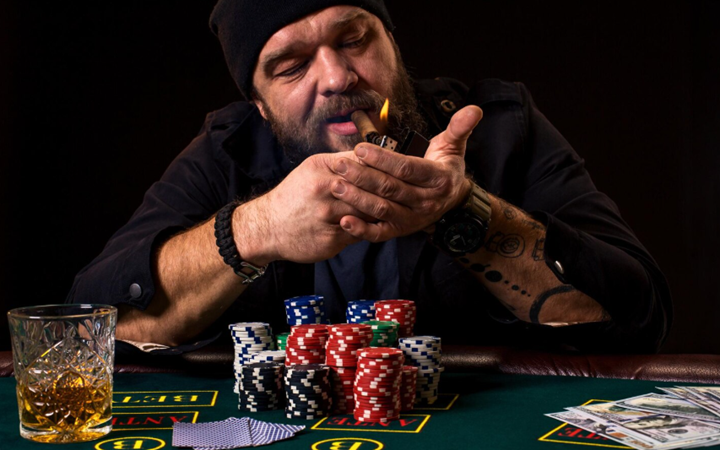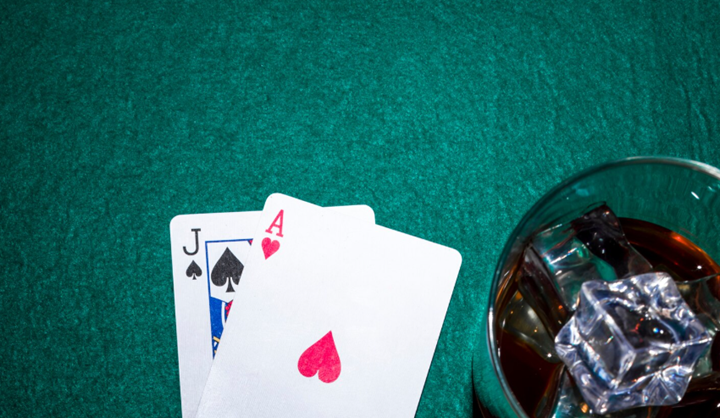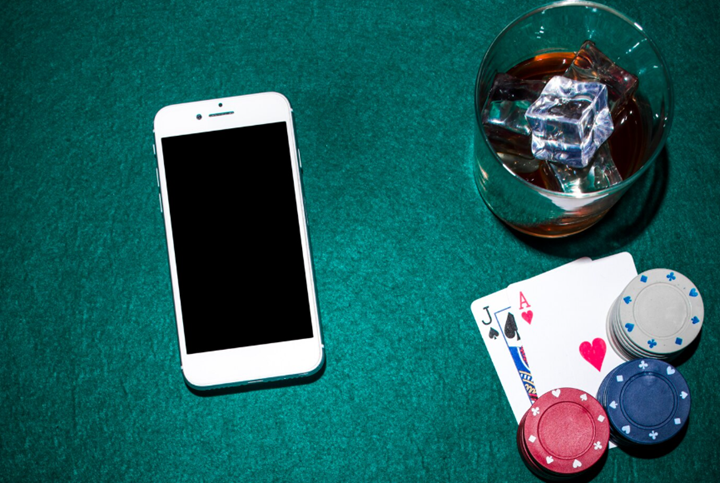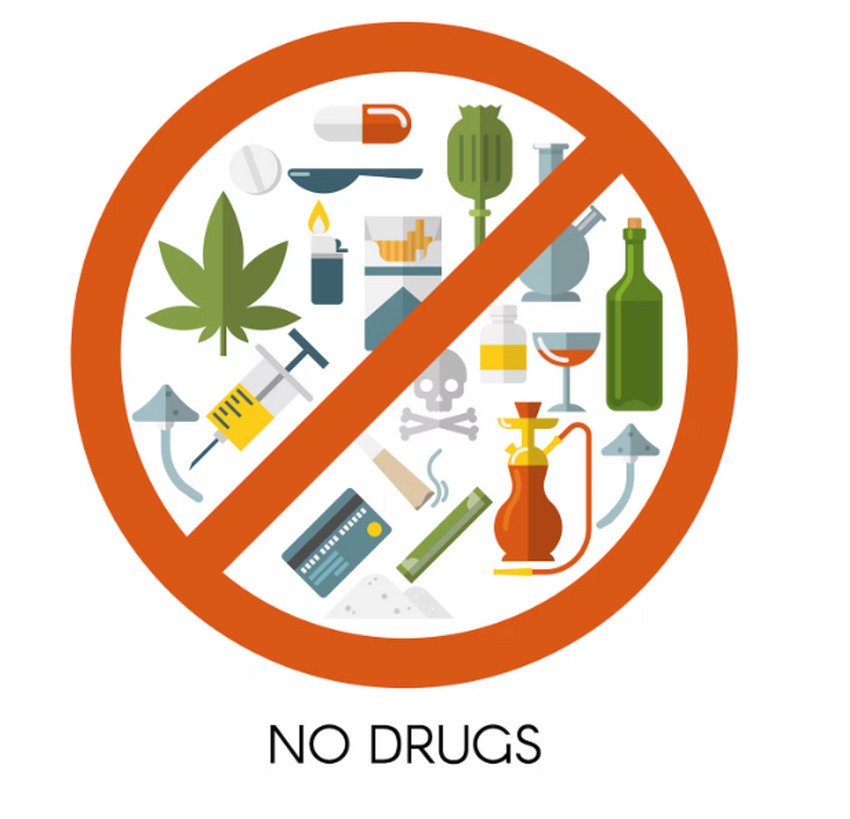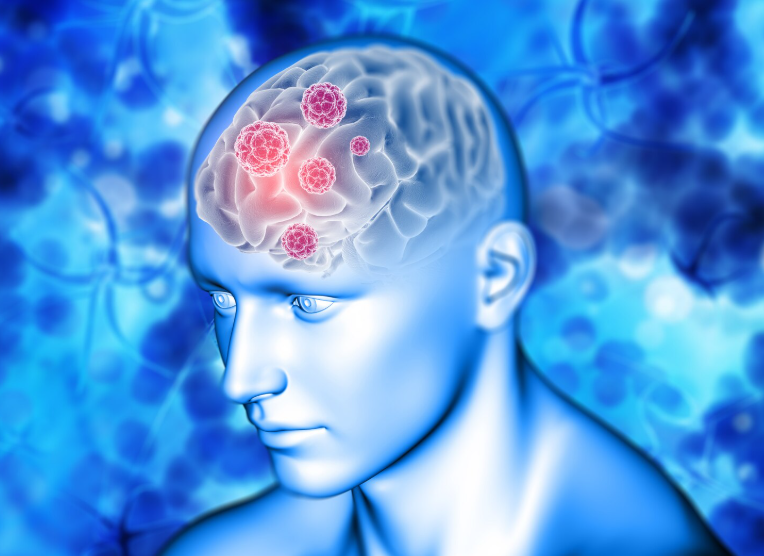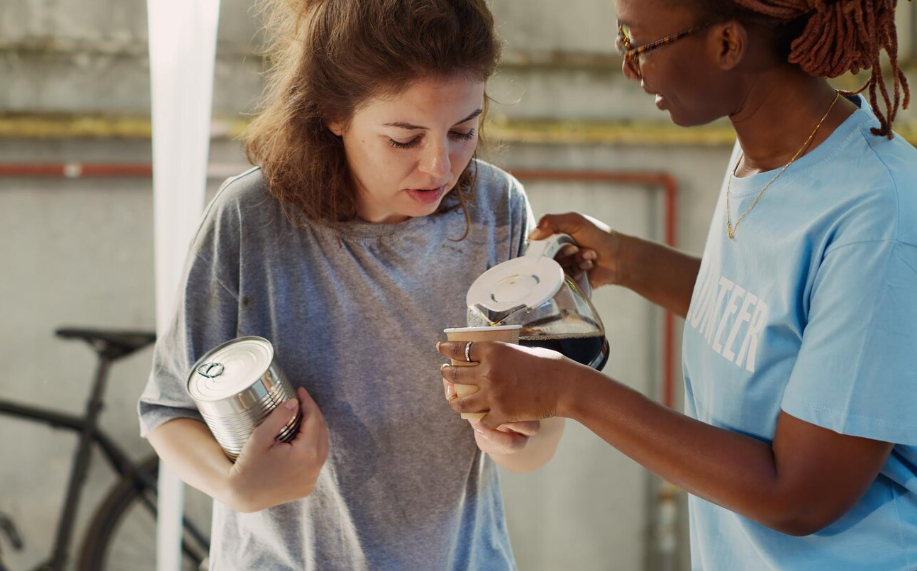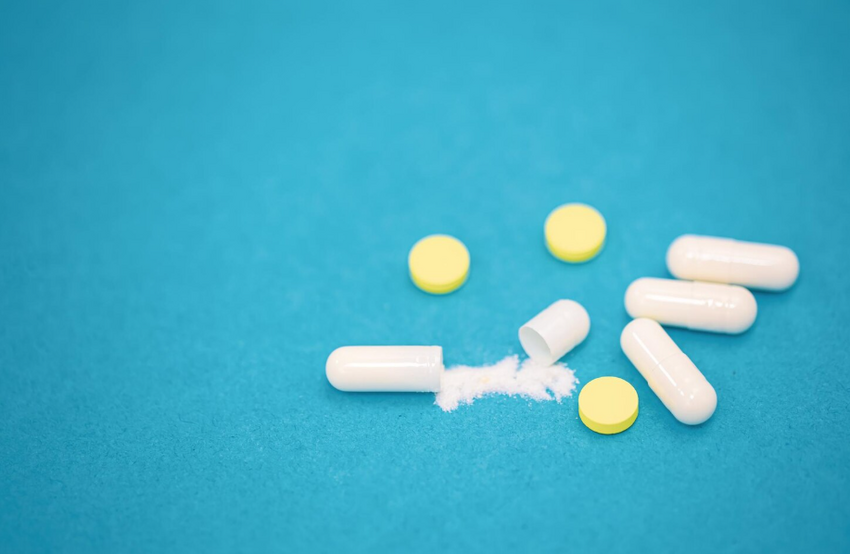
Autism and touching their privates
Understanding a Common but Misunderstood Behavior
- Research estimates that up to 70% of individuals with autism spectrum disorder (ASD) engage in some form of self-stimulatory behavior that may include touching their genitals, often beginning in early childhood and continuing into adolescence or adulthood without intervention.
- A 2019 study published in the Journal of Autism and Developmental Disorders found that fewer than 30% of parents of autistic children had received any formal guidance from a healthcare provider on how to address public or repetitive self-touching behaviors.
- Sensory processing differences are identified as the primary driver of genital touching in autistic individuals, with research noting that approximately 90% of people on the spectrum experience some form of sensory dysregulation that influences their physical behaviors.
- Early behavioral intervention, when introduced before age 8, has been shown to significantly improve a child's understanding of body privacy rules, with one meta-analysis reporting a 60% improvement in socially appropriate behavior outcomes when structured education was provided.
Four Real-Life Autism Cases Worth Understanding
Touching private parts is one of the most misunderstood and underreported behavioral challenges families face when raising or caring for an autistic individual. It can stem from sensory-seeking behavior, lack of body awareness, difficulty understanding social boundaries, or even emotional self-regulation. Despite how common it is, many families suffer in silence, unsure whether what they are witnessing is normal, whether it warrants professional attention, or how to address it without shaming their loved one. To shed light on this deeply human issue, we are going to walk through four distinct cases — each representing a different family, a different life stage, and a very different outcome. These stories are illustrative composites meant to reflect the real experiences that families, educators, and clinicians encounter regularly.
Case 1: Marcus, Age 5 — The Preschool Classroom Incident
Marcus was a bright-eyed five-year-old who had been diagnosed with autism at age three. He was largely nonverbal, communicated through a picture exchange system, and attended a mainstream preschool with a dedicated aide. His mother, Denise, a single parent working two jobs in a mid-sized Midwestern city, first noticed that Marcus would frequently reach into his pants during circle time, particularly when the classroom became loud or chaotic. Initially, she assumed it was just a phase — something kids grew out of. His teacher, however, sent home a note after the third incident in one week, expressing concern that other children had begun to notice.
When Denise brought it up at Marcus's next developmental pediatrician appointment, she was relieved to learn that this was not unusual. The doctor explained that for many nonverbal children on the spectrum, the genitals are an area of heightened sensory sensitivity, and touching can serve as a calming mechanism — essentially a form of stimming, similar to hand-flapping or rocking. The clinical team recommended a two-pronged approach: working with an occupational therapist to identify alternative sensory inputs, such as a weighted lap pad or a fidget tool Marcus could keep in his pocket, while also beginning a simplified body safety curriculum adapted for his communication level. Within about four months, the classroom incidents had become rare, though Denise was careful never to shame him at home when it happened privately.

Case 2: Priya, Age 14 — Navigating Puberty Without a Roadmap
Priya was fourteen when her parents, Raj and Sunita, began noticing the behavior had escalated significantly. She had always touched herself occasionally as a younger child, and her pediatrician at the time had categorized it as typical exploratory behavior. But now that Priya was moving through puberty, the frequency had increased, and she had done it twice at her cousin's birthday party — once in a corner of the living room while a group of extended family members was nearby. Raj and Sunita, who were deeply private people from a South Asian cultural background that rarely discussed bodies or sexuality openly, were mortified and uncertain how to respond. They had no language for the conversation they knew needed to happen.
Priya, who had a diagnosis of level 2 autism and could speak in full sentences but struggled significantly with abstract concepts and social inference, had no clear understanding that what she was doing was private. No one had ever explicitly taught her this. A school counselor eventually connected the family with an autism-specialized therapist who ran a group called "Growing Up and Staying Safe," designed specifically for autistic adolescents. Through social stories, visual supports, and repeated, nonjudgmental practice conversations, Priya gradually internalized the idea that certain behaviors belonged only in private spaces like her bedroom or bathroom. Her parents, with the therapist's support, also began to navigate their own discomfort — learning that talking about bodies openly and calmly was the single greatest protective factor for their daughter.
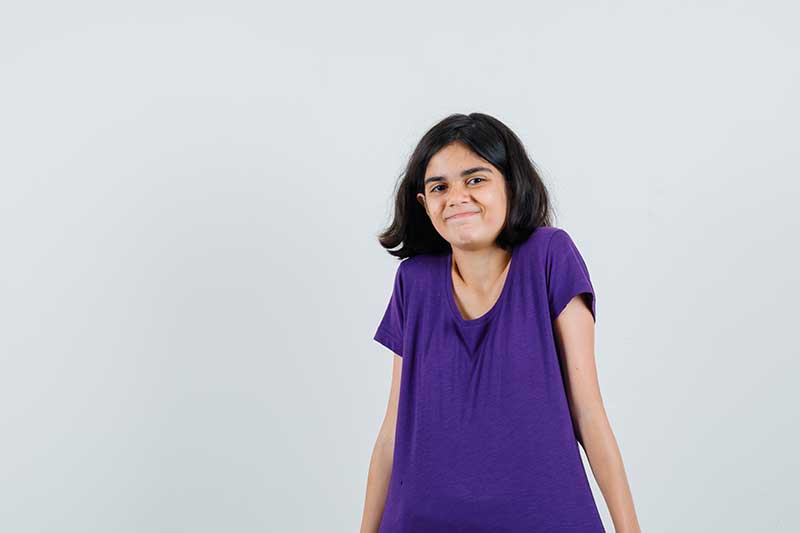
Case 3: Derek, Age 29 — When No One Ever Intervened
Derek's story is one that plays out more often than most people realize. Now twenty-nine and living in a group home facility in the Pacific Northwest, Derek had been touching himself in public — in the dining area, in the van on the way to his day program, occasionally in the common room — for most of his adult life. He had been diagnosed with severe autism at age two and had lived in several residential placements since his mid-teens after his elderly grandmother, who had raised him, could no longer manage his care. Somewhere along the way, through years of underfunded placements and inconsistent staffing, the issue had simply never been systematically addressed. Staff had tried verbal redirection, but without a consistent, evidence-based approach, the behavior had become deeply entrenched.
A new behavioral support specialist named Carla joined the facility and began reviewing Derek's case files. She noticed the documentation of the behavior stretched back over a decade with no formal behavior intervention plan ever written to address it. She advocated for a proper assessment, which revealed that the behavior most often occurred during periods of transition or unstructured time — moments of high anxiety for Derek. A structured intervention was put in place, including a visual schedule to reduce transition anxiety, a private designated space Derek could go to if he felt the urge, and consistent reinforcement from all staff. Progress was slow, given the years without structured support, but within six months, incidents during group activities had decreased by more than half. Derek's case is a sobering reminder of what happens when early intervention never comes.

Case 4: Lily, Age 8 — A School Disagreement That Almost Went Wrong
Lily was eight years old, the middle child in a blended family with five children ranging from age four to sixteen. Her stepfather, Brendan, worked in construction, and her mother, Tasha, homeschooled four of the five kids. Lily had been diagnosed with level 1 autism at age six and was highly verbal, academically capable, and socially eager in a way that often masked her underlying difficulties. The behavior had started around age seven — touching herself while watching television in the living room, or while working on schoolwork at the kitchen table. Tasha initially minimized it, telling herself Lily just hadn't learned yet. But when Lily did the same thing at a church youth group meeting and an adult volunteer reported it to a group leader, the situation escalated quickly.
The group leader, without any background in autism, suggested the behavior might be indicative of something more alarming — implying possible abuse. Child protective services conducted a routine check-in, which was deeply distressing for the entire family. After a thorough assessment, investigators determined there was no concern for abuse and noted that the behavior was consistent with sensory-seeking in an autistic child who had not yet received body boundary education. The experience, however, left Tasha shaken and newly motivated. She sought out a developmental pediatrician and began working through an evidence-based curriculum called "Circles," which teaches autistic children about relationship boundaries and body privacy using a visual concentric circle model. Within weeks, Lily had not only grasped the private/public distinction but had begun reminding herself aloud — "this is a private thing" — which her mother found both heartbreaking and deeply encouraging.

What Every Family and Caregiver Should Know
These four cases are different in almost every way — age, gender, family background, severity of autism, access to resources — but they share a common thread: the behavior itself was never the true problem. The real challenge in each case was the absence of timely, informed, and compassionate guidance. Touching private parts is a behavior that, when it occurs in autistic individuals, is overwhelmingly rooted in sensory experience, developmental learning, or emotional regulation — not deviance, manipulation, or moral failing. Treating it as shameful or alarming without understanding the underlying cause can do lasting harm to a person's sense of self, their relationship to their own body, and their trust in the adults around them.
What the research and these cases collectively point to is the critical importance of proactive, structured body safety education tailored to the communication and cognitive level of the autistic individual — ideally beginning before puberty and revisited regularly as the person grows. Caregivers do not need to navigate this alone. Occupational therapists, behavioral analysts, autism-specialized counselors, and social skills curricula developed specifically for neurodivergent learners are all valuable resources. Shame has never taught anyone where the boundaries are. Clear, consistent, and kind instruction has. Every autistic person, regardless of age or ability level, deserves the dignity of understanding their own body — and the support to navigate the social world that surrounds it.




